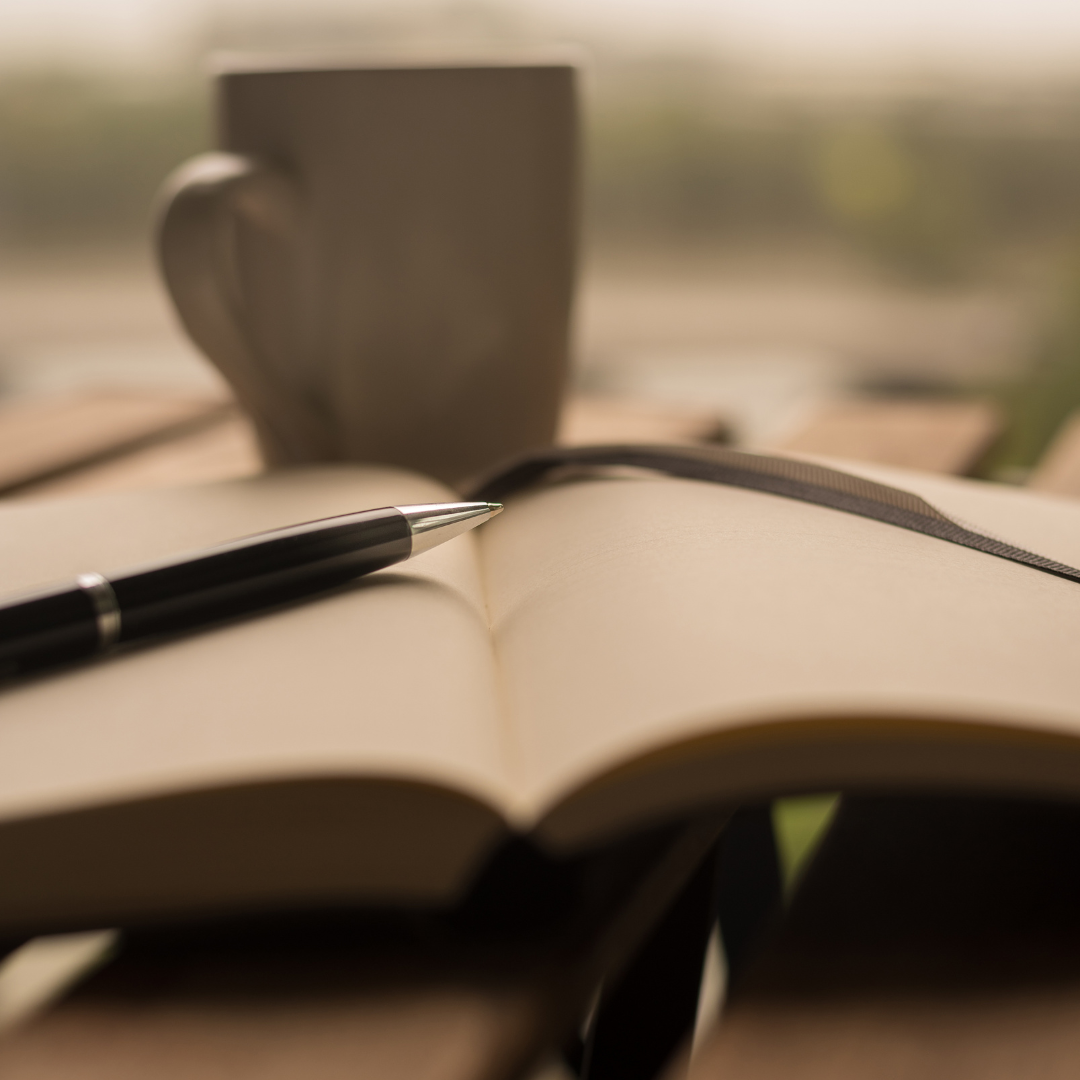 So you’ve got your huge book — Vergil, Joyce, Proust, Dostoevsky, Tocqueville. It’s a rich and difficult one — and you are preparing for your seminar. In today’s post, I’d like to talk about what happens after seminar.
So you’ve got your huge book — Vergil, Joyce, Proust, Dostoevsky, Tocqueville. It’s a rich and difficult one — and you are preparing for your seminar. In today’s post, I’d like to talk about what happens after seminar.
Now there are perhaps several reasons why you’ve signed up for a seminar in the first place.
- Accountability: to read what otherwise might be left unread.
- Many perspectives: you just love hearing what other people have to say. The experience opens up difficult literature like nothing else can.
- Participation: you don’t just listen passively like in lecture, but get to throw your hat in the ring too and offer your own thoughts!
You could have signed up for a lecture course, but you didn’t, because you sense there is real value here in being able to participate actively in a shared pursuit of building meaning in conversation. Conversations are spontaneous to allow for sudden insights and honest articulations, rather than moving through a preprogrammed and rigid set of questions.
The “shared inquiry” approach to discussion we practice at Classical Pursuits means that seminar conversations can often move quickly, and can range from topic to topic, question to question, idea to idea. At the end of a two hour seminar, a lot of ground is covered, so much ground in fact that it can be hard to know what to do with it all. After several sessions, it can become extremely difficult to keep track of all of these thoughts.
So what do you do?
- You could do nothing. Enjoy the conversation, retain what you can, and move on.
- Or you could keep a seminar journal. After each seminar is over, you might spend a little time reflecting on what happened and write about it in a journal.
Journalilng is a time-honored and beloved way to track our experiences and help us along in a process of self-discovery. There are many different kinds of journalling. The kind you choose will depend on your goal in each case. Here’s a list of several kinds of journalling:
- Daily journalling
- Art journalling
- Visual journalling
- Gratitude journalling
- Bullet journalling
- Travel journalling
- Reflective journalling
Many of you who have joined a travel program in Travel Pursuits may already keep a travel journal. And some of you may be familiar with other kinds of journalling too.
Our post-seminar journal will be a reflection journal. It can be useful for Travel Pursuits seminars, but also for Toronto Pursuits seminars, as well as Classical Pursuits online seminars. In a word, anywhere you have a seminar, reflective journalling is a useful tool.
The aim of the reflection journal is — you guessed it — to reflect on the conversation you just had, and to distill something of the richness of the conversation for future reference.
Now various great books communities in North America tends to be historically a “speaking” and not a “writing” community. So most people will choose to do nothing after seminar. And that’s okay. It’s certainly easier to do nothing. But then, you might wonder sooner or later if you are getting the most out of your seminar?
Journalling in the right way is actually very easy to add to your seminar practice. It helps promote retention of meaning, and supports the conversation. Journalling can be so enjoyable, in fact, it will be hard to imagine having a seminar without also scheduling a little time to yourself afterward, woolgathering with your thoughts.
Now if you’ve never journalled after seminar, you don’t have hundreds of pages already. How do you get started?
Here are some ideas that can help you get started and develop a post-seminar journalling practice.
Preliminaries:
- You don’t have to be a writer to write in a journal. Thinking you have to be a writer already before starting a journal is a big obstacle for most people. Most people will not even get started on a journal simply for fear of not being a writer. But the truth is you don’t have to be a writer to get the most out of journalling. In fact, not being a writer may be an advantage. What I mean is that you have everything you need to get started, whether you are a writer or not. Journal writing is not about the craft of writing, so much as it is about recording your thoughts and questions in a way that makes sense to you and that you can use at a later time.
- Tools of the trade. Pick a pen and a notebook journal that inspires you or which feels comfortable to you. When I first started journalling, I used a Bic ballpoint pen and a spiral notebook. I felt that if I got too fancy in my materials, there would be too much pressure – so I went the cheap and easy route. Since then, however, I’ve graduated to a fountain pen and never journal without it. My favorite fountain pen is a Lamy 2000, with Writer’s Blood ink, or Viper Green ink, and Leuchtterm 1917 Master series notebook, larger format.
- Don’t write during seminar! Pick a time afterwards to write. The best is immediately after — or at least on the same day. If you write during seminar, you won’t be able to participate and listen as fully as possible to what everyone is saying.
- A little goes a long way. This is important. It’s better to do a little bit after every seminar, than to overdo it on one sitting and then never continue (because you are so exhausted.)
 Instead, try setting a timer for just 10 or 15 minutes. Your writing is accumulative: showing up a little bit regularly counts for more than overdoing it infrequently.
Instead, try setting a timer for just 10 or 15 minutes. Your writing is accumulative: showing up a little bit regularly counts for more than overdoing it infrequently. - Make a ritual of your journal writing. A time-honored way to make a little ritual is to prepare a cup of coffee or tea, and have biscuit or treat, or — depending on your time of day — instead of coffee or tea, a glass of wine. Whatever way you mark your ritual, ritualizing the act of journaling will help make it something you look forward to doing!
What to write about:
There are several large areas of interest we can write about
- Questions you had already, coming into the seminar, that were answered in the course of the conversation.
- Questions that arose for you in the seminar, but that didn’t get voiced or answered by the end of the seminar.
- New questions that came up in the conversation that you hadn’t thought about before.
- The opening question of the seminar.
- Insights or remarks you found interesting in the course of the conversation.
- Remarks you absolutely disagreed with, and that you thought were completely wrong!
- A passage from the book that you rediscovered in the course of the conversation.
- How ideas and questions in the books relates to your life.
Where do you start? Start with whatever interests you, set your timer, and write. Don’t worry if you haven’t finished at the end of your 10- or 15-minute period. Again, the process is cumulative over many sessions. Don’t worry if you don’t provide a complete account of the seminar on all points, just get a few things down that you found interesting. Make it your aim to simply show up at the journal with your reflections on the seminar.
I often begin with questions I didn’t get to raise in conversation or that didn’t get answered (#2).
As we like to say, conversations never really end — they just stop. To me, there’s a subtle drama enacted in conversation — and seminars end always as if on a cliff-hanger. If you strongly disagreed with what someone said, but couldn’t find a way to address the idea in the conversation, taking up pen and paper afterwards is the perfect way to work out your thinking on the matter. A word of advice: keep your writing focused on ideas and questions themselves and not people!
Bottom line, if you are looking a way to enhance your experience at the seminar table and your solitary reading, even a little regular journalling after seminar will reward you in a big way not only throughout the seminar series you are presently participating in, but in years to come, long after the seminar is finished.
 I’ve been journalling now for 20 years along with seminars, and I’m proud to report that I have over 4,000 pages of reflection journalling and counting! In fact, at the time of this writing, I just started a new journal.
I’ve been journalling now for 20 years along with seminars, and I’m proud to report that I have over 4,000 pages of reflection journalling and counting! In fact, at the time of this writing, I just started a new journal.
One of the things I most love about journals is that I can look back over a seminar that is long gone – one that I really enjoyed — and I can see vividly and freshly what was moving me at the time, what questions I found really riveting, what ideas inspiring.
And even though years have past, I can pick up right where I left off, and I can think a little more about these fascinating books and the important questions they raise.
Thus reflection journalling enhances our seminar experience by allowing us to retain and develop questions and ideas that arise in conversation, and helps us make connections that bring these ideas life.
I hope these ideas help you make the most of your seminar experience with many happy hours of journal writing!



